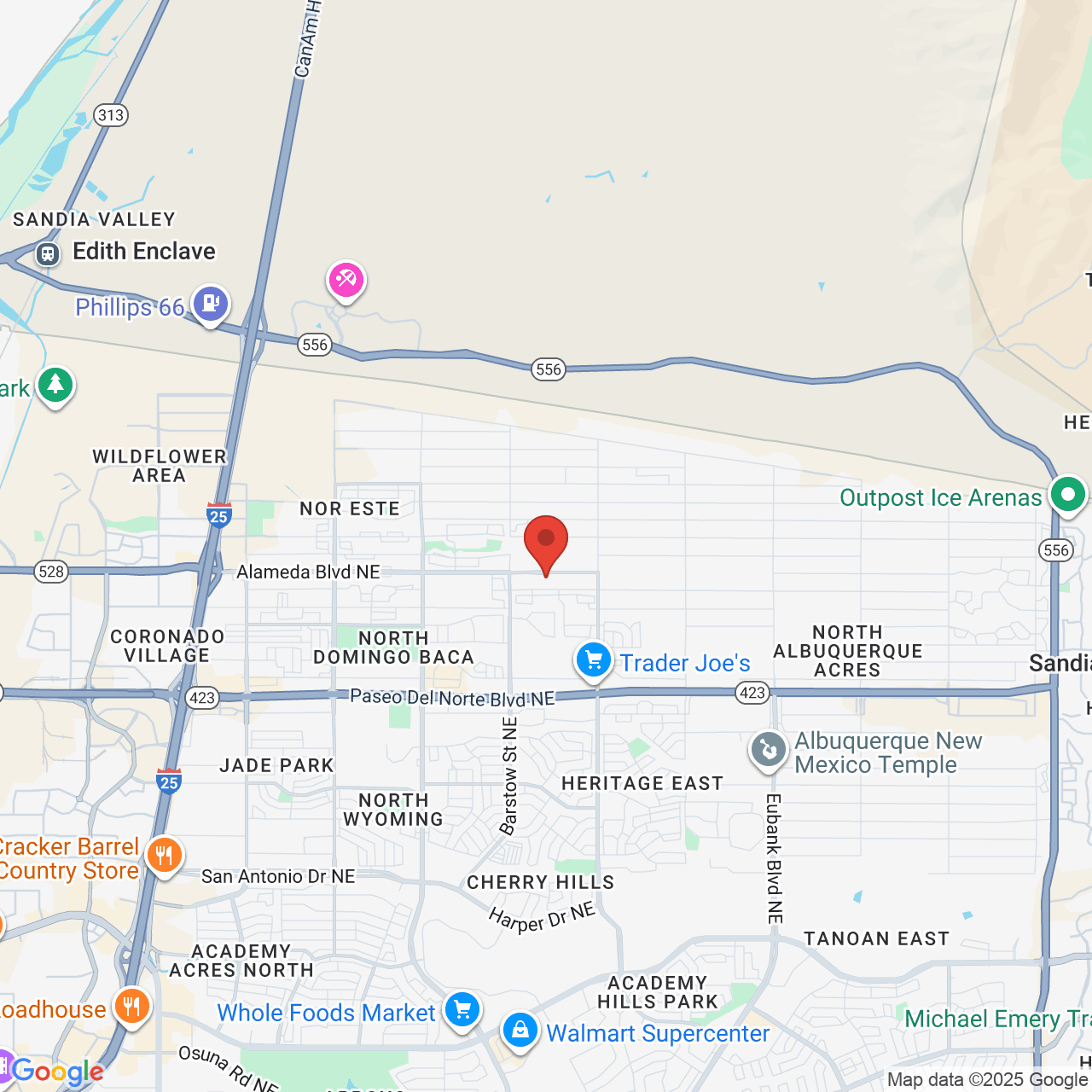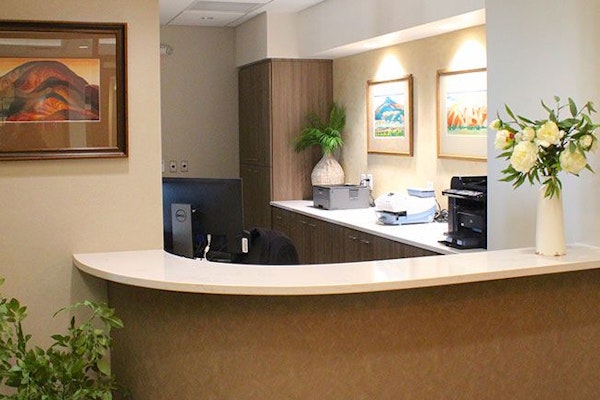Description
In this sleep apnea treatment testimonial, Barbara explains how Dr. James Slaman helped her discover a comfortable solution with a custom oral appliance. She had used a CPAP machine and other devices, but found them uncomfortable. Her custom oral appliance is effective and far less cumbersome, helping her to achieve restful sleep.
View transcript
Dr. Slaman: Sleep apnea is a common breathing disorder that affects about 15% of the adult population. It's basically a disruption in airflow during sleep. The severity of the disruption is measured generally using a sleep study. For mild forms of sleep apnea, a patient may have interruptions to their breathing 6 to 10 times an hour. In more severe forms of sleep apnea, they may have disruptions to breathing 30 or more times an hour. This disruption in breathing affects the quality of your sleep and often results in daytime sleepiness, increasing your risk for on-the-job accidents, or falling asleep while driving a motor vehicle. In addition to these hazards, it increases your risk significantly for hypertension, high blood pressure, strokes, and diabetes.
Sleep apnea is caused by an obstruction in the airway, when the muscles relax and the tongue blocks the airway. As a dentist, I'm able to reposition the lower jaw using an appliance, therefore, repositioning the tongue and improving the airway with the appliance. Oral appliance therapy can be an alternative to CPAP or BiPAP therapy for certain types of sleep apnea. The benefits of oral appliance therapy include being able to get up without disconnecting yourself from the machine, being able to get up and take a glass of water without having to take your mask off, being able to speak to your bed partner or pick up the phone and answer the phone in the middle of the night if it begins to ring without disconnecting your mask and your straps.
Barbara: So I used a CPAP for a couple of years, and then they changed me over to a BiPAP machine. I'm not quite sure of the differences between the two, but he knew what they were. I slept with that, the whole contraption, the nose mask. We tried a couple of different masks. Some of them covered my nose and my mouth, some just my nose area, and I used those fairly successfully for a couple of years. I did change to a new machine and when I got this next machine, I don't know what had happened exactly, but I started getting some claustrophobic sensations from it. So I just took myself off of that, because I was having a few startled responses at night, and just feeling scared and like I was not able to breathe, and panic reactions and that kind of thing.
So I did an internet search. I found Dr. Slaman's name among those. There were just a few people who could do it at the time. So I thought I would try to see if he could do an oral appliance, called and made the appointment, and the rest is history. Since then, I've also become a dental patient of his as well. I can say that compared to the CPAP and BiPAP machines, it is not as cumbersome. I mean, that type of machine is very involved. It has a hose that goes to a pump. There's a noise that is associated with that all night long. There is air being put into your lungs or into your throat. Breathing in and breathing out, there are masks involved. There's headgear.
For my last mask that I had, there were also little nasal pieces that went up into my nose and it really, just that itself, makes it hard to sleep. You have to be careful when you turn over at night, or if you want to get up, you have to take everything off, kind of unhook yourself from the whole appliance. So it's pretty involved. Then, the appliance, the snore guard that I have, it's just basically like retainers. You can get up and get a drink of water. You can go to the bathroom. You can do whatever you need to, without having to unhook yourself from an entire contraption.
Dr. Slaman: If you'd like more information about oral appliance therapy and how it can treat sleep apnea, please contact our office for a free consultation.


































